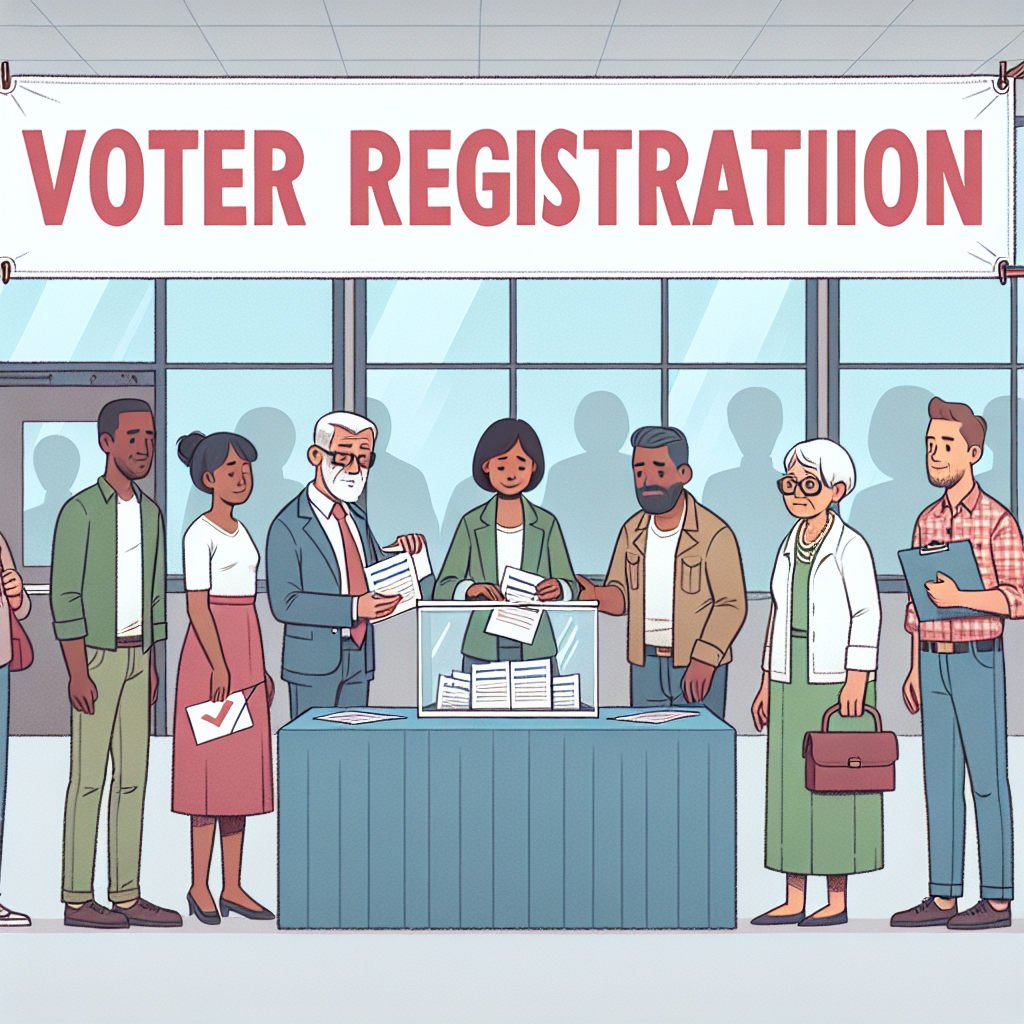UN Warns of Global Crackdown on Civic Freedoms During 2023–2025 Elections
Instead of celebrating democracy, Romero’s report paints a picture of repressive crackdowns on civil society, political opposition, and public protest.

The rights to freedom of peaceful assembly and association—cornerstones of any democratic society—were significantly undermined during the 2023–2025 “super election” cycle, according to a critical new report presented to the UN Human Rights Council by Gina Romero, the recently appointed UN Special Rapporteur on the rights to freedom of peaceful assembly and of association.
Romero’s first report offers a stark warning: many governments around the world used elections not as a platform for public engagement, but as an excuse to clamp down on dissent, civil society, and democratic processes, undermining electoral legitimacy and social peace.
“These freedoms are essential for transparent, credible, and inclusive elections,” said Romero. “Yet, attacks or undue restrictions on them during elections undermined public participation and democratic legitimacy.”
Elections Under Siege: Civic Space Shrinks Worldwide
The so-called “super election” cycle spanned over 70 countries that held national elections from 2023 to 2025. Instead of celebrating democracy, Romero’s report paints a picture of repressive crackdowns on civil society, political opposition, and public protest.
In many countries:
-
Civil society organisations (CSOs) were harassed, surveilled, and denied operational space through restrictive laws and administrative obstacles.
-
Activists were subjected to arbitrary arrests, harassment, torture, and in some cases, extrajudicial killings.
-
Election observers—recognized under international law as human rights defenders—faced legal intimidation and physical threats.
-
Protests and public gatherings were routinely banned, dispersed with excessive or lethal force, and criminalized under vague national security or anti-terrorism laws.
“The threshold for imposing restrictions on public freedoms during elections should be higher than usual,” Romero emphasized. “Instead, in many instances, it was well below the minimum.”
Targeting the Opposition: A Playbook of Suppression
Romero’s report details how opposition parties and candidates were systematically targeted through:
-
Unlawful disqualifications
-
Burdened registration procedures
-
Funding restrictions
-
Detentions and arbitrary arrests
-
Forced party dissolutions
In some countries, entire opposition platforms were dismantled through weaponized judicial systems, enabling ruling authorities to dominate the political field unchallenged.
This erosion of political pluralism further skewed electoral competition, leading to widespread public protests, which were then met with heavy-handed policing and suppression of the right to assembly.
Technology as a Tool of Repression
One of the most alarming trends identified in the report was the opaque and unchecked use of digital technologies. The deployment of tools like biometric voter registration systems, facial recognition software, spyware, and digital surveillance platforms not only lacked proper regulation and oversight but were also used to track, target, and intimidate activists and opposition groups.
“The use of these technologies without transparency created a chilling effect,” said Romero. “They limited participation and eroded trust in electoral processes.”
Many of these technologies were introduced under the guise of “modernizing” elections, but in practice, they allowed governments to increase control and surveillance, particularly in authoritarian or semi-authoritarian contexts.
After the Ballot: Repression Continues Post-Election
Romero highlighted that restrictions on civic space did not end after elections concluded. In fact, many newly-elected governments accelerated repression, adopting:
-
“Foreign agent” laws targeting NGOs with international funding
-
Budget cuts for civil society programs
-
New criminal codes criminalizing peaceful dissent
-
Media restrictions targeting independent journalism
The cumulative effect, she warned, has been a global rollback of democratic norms, with fear and silence replacing the once-vibrant participation of civil society.
Recommendations: A Call for Reversal and Accountability
In her address to the Human Rights Council, Romero outlined urgent recommendations for governments to restore and protect civic freedoms:
-
Facilitate and protect peaceful assembly and association before, during, and after elections
-
Ensure pluralism, freedom of expression, and access to public participation
-
Repeal repressive laws, including “foreign agent” and “national security” statutes that criminalize legitimate activism
-
Guarantee the safety of civil society actors, opposition politicians, and election observers
-
Uphold accountability and offer reparations for violations of civil and political rights
Romero concluded with a powerful message:
“The right to peaceful assembly and association is not a privilege—it is a right, fundamental to democracy, and must be protected at all costs.”
Special Focus: Bosnia and Herzegovina
In addition to the thematic global report, Romero also presented the findings of her predecessor, Clement Voulé, following his April 2024 country visit to Bosnia and Herzegovina. While details were not elaborated during the session, the report reportedly examines the country’s legal framework for civic space, including laws on assembly, civil society engagement, and the treatment of political dissent.
The Road Ahead
Romero’s warning signals a global democratic emergency that demands immediate attention. As countries gear up for future electoral cycles, the protection of civic space must be prioritized. Elections must serve as expressions of the people’s will, not as opportunities for repression.
- READ MORE ON:
- UN Human Rights Council
- civic space
- peaceful assembly
- freedom of association
- super election cycle
- democratic backsliding
- opposition suppression
- election observers
- civil society
- digital surveillance
- biometric voting
- Gina Romero
- Clement Voulé
- Bosnia and Herzegovina
- democracy and elections










